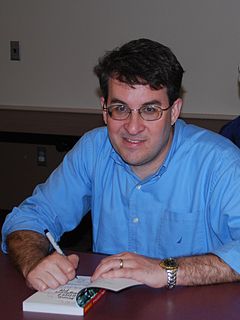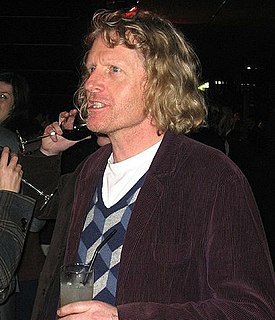A Quote by Dave Barry
Like many members of the uncultured, Cheez-It consuming public, I am not good at grasping modern art.
Related Quotes
The public needs art, and it is the responsibility of a ’self-proclaimed artist’ to realize the public needs art, and not to make bourgeois art for the few and ignore the masses. … I am interested in making art to be experienced and explored by as many individuals as possible with as many different individual ideas about the given piece with no final meaning attached. The viewer creates the reality, the meaning, the conception of the piece. I am merely a middleman trying to bring ideas together.
The best defence [for a democracy, for the public good] is aggressiveness, the aggressiveness of the involved citizen. We need to reassert that slow, time-consuming, inefficient, boring process that requires our involvement; it is called 'being a citizen.' The public good is not something that you can see. It is not static. It is a process. It is the process by which democratic civilizations build themselves.
A modern vegetarian is also a teetotaler, yet there is no obvious connection between consuming vegetables and not consuming fermented vegetables. A drunkard, when lifted laboriously out of the gutter, might well be heard huskily to plead that he had fallen there through excessive devotion to a vegetable diet.
Our time and attention is scarce. Art is not that important to us, no matter what we might like to believe... Our love of art is often quite temporary, dependent upon our moods, and our love of art is subservient to our demand for a positive self image. How we look at art should account for those imperfections and work around them. Keep in mind that books, like art museums, are not always geared to the desires of the reader. Maybe we think we are supposed to like tough books, but are we? Who says? Many writers (and art museums) produce for quite a small subsample of the... public.

































